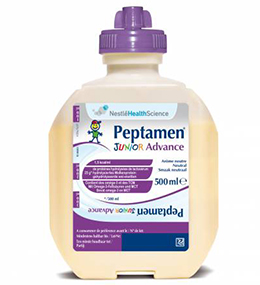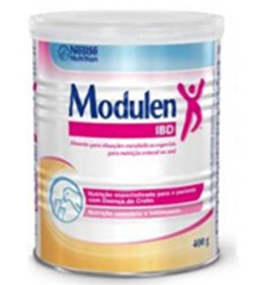Recurring bowel trouble, including diarrhea, pain and abdominal cramping, reduced appetite and weight loss, fever and fatigue may be indicative of inflammatory bowel disease.*
Diseases of the bowels can really limit an active lifestyle. Not to be confused with the less severe irritable bowel syndrome (IBS), inflammatory bowel disease (IBD) is a group of diseases where the gastrointestinal (GI) tract are chronically inflamed. People with IBD can suffer from episodic or persistent symptoms that make it hard to carry out everyday activities. The most common forms of IBD are Crohn’s disease and ulcerative colitis.
Prevalence of IBD is increasing, affecting around 1.5 million people in the United States and 2.2 million in Europe. The cause of IBD is not known but genetics, the immune system and the environment all play a role. IBD symptoms can be affected by diet and stress, so lifestyle and nutritional changes might be able to help. At Nestlé Health Science, we devote a significant proportion of our research efforts to nutritional therapies for GI disorders, including IBD. In this way, we aim to help patients manage their condition better.
Patients with IBD may be aware that certain foods aggravate symptoms. Commonly, symptoms can be made worse by dairy, fatty foods, spicy foods, caffeine and alcohol, and even too much fiber. Since IBD can cause restrictions in the GI tract, eating easy-to-digest foods is important. Following the dietary instruction for any medication is also crucial, as drug-food interactions can affect symptoms. And because undesired weight loss can occur, especially when symptoms flare up, patients should be sure to get adequate nutritional and fluid intake, through more frequent, smaller meals, or nutritional supplements, if necessary.1,2
1. http://www.mayoclinic.org/diseases-conditions/inflammatory-bowel-disease/basics/definition/con-20034908
2. Loftus EV Jr. Clinical epidemiology of inflammatory bowel disease: Incidence, prevalence, and environmental influences. Gastroenterology. 2004 May;126(6):1504-17.
*Listed symptoms are not all-inclusive; actual patient symptoms may vary.






